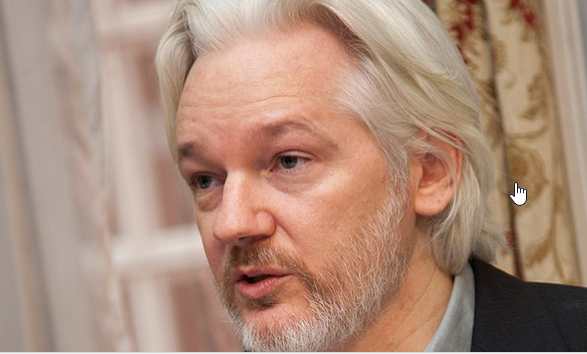
STATE DEPARTMENT—A journalist jailed in Uzbekistan since 1999. A Sudanese editor-in-chief arrested after she criticized official policies. Both are among the journalists whose plights are spotlighted by the U.S. for World Press Freedom Day.
The State Department is marking World Press Freedom Day, May 3, by drawing attention to the ongoing detentions and alleged human rights abuses against journalists that it has previously identified as being “censored, attacked, threatened, imprisoned, or otherwise oppressed because of their reporting” and whose situations have not yet improved.
The cases are being profiled on www.HumanRights.gov and tweeted out using the hashtag #FreethePress.
Among those featured is Muhammad Bekjanov, one of world’s longest-imprisoned journalists, according to the Committee to Protect Journalists.
The group said Bekjanov, the editor of a now defunct opposition newspaper, has been jailed by Uzbek authorities for over a decade on “trumped up charges.”
Authorities believe his health has severely deteriorated and that he is in urgent need of medical care.
Journalists under threat
The State Department has also publicized the case of Madeeha Abdalla, an editor-in-chief targeted by Sudanese authorities for criticizing official policies.
She was arrested in 2015 on charges that include conspiracy, undermining constitutional order and publishing false information – charges that could carry the death penalty, if she is convicted.
“Journalists around the world, particularly in countries undergoing conflict and political repression, are under threat today like no other time in history,” said Tom Malinowski, U.S. Assistant Secretary of State for Democracy, Human Rights and Labor.
In a VOA interview, he said more than 70 journalists were killed around the world, last year, while “doing their jobs,” and nearly 200 were imprisoned.
“It is an epidemic that we would like to see diminished,” he said.[xyz-ihs snippet=”adsense-body-ad”]
Malinowski said journalists were often most vulnerable to unlawful detentions and other human rights abuses in countries that are in crises or in conflict.
He cited Syria, Yemen, Burundi, Turkey and Libya as examples of places that are especially dangerous for the press now.
WATCH: Assistant Secretary of State for Democracy, Human Rights and Labor Tom Malinowski on press freedom
The journalists profiled by the State Department are as follows:
Cuba – Jose Antonio Torres: Journalist for official Communist daily,Granma. Arrested in 2011 after the newspaper published his report on government mismanagement. Received 14-year prison sentence for alleged spying.
Uzbekistan – Muhammad Bekjanov: Jailed in 1999. Received additional five-year sentence shortly before scheduled release in 2012 for allegedly violating prison rules.
Iran – Mohammad Sedigh Kaboudvand: Human rights activist and founder of weekly publication, Payam-e-Mardom, who has been in Evin prison since 2007. Charged with acting against national security and engaging in propaganda against the state, following reports on alleged torture in Iranian prisons and human rights abuses against Iranian Kurds.
Ethiopia – Woubishet Taye: Deputy editor-in-chief of Amharac-languageAwramba Times. Found guilty on terrorism-related charges. A non-governmental organization said arrest followed a column he wrote critical of the ruling party.
Sudan – Madeeha Abdallah: Editor-in-chief was arrested by security forces in 2015 for criticizing official policies. If convicted, could face death penalty for charges that include conspiracy, undermining constitutional order and urging the opposition to use violence and force against government.
Russia – Sergei Reznik: Journalist, blogger imprisoned since 2013 after writing articles critical of municipal and regional authorities and local corruption and abuses. Unidentified men beat him with baseball bats and shot at him a month before conviction.
Source: VOA [xyz-ihs snippet=”Adversal-468×60″]






